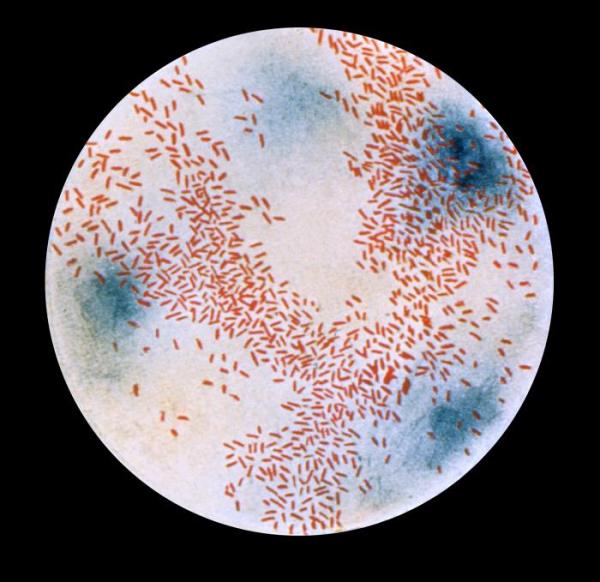
This week is full of news relevant to those of us concerned about the future of antibiotics. The pharmaceutical industry is rebelling against the US plan to have Medicare negotiate drug prices. A potentially very useful antibiotic that I worked on before 2010 seems about to see the light of day. I wonder (not) what took so long. But today I want to explore the demise of another antibiotic biotech.
https://davidshlaes.substack.com/p/barda-paratek-and-pull-incentives
Destiny has finally caught up with Paratek. In December of 2019, Paratek was rescued by a large investment by BARDA, a division of the US HHS, that extended its runway until late this year. In December 2019, before the BARDA investment, $1.1 billion had already been invested in the company over 23 years. Further success was then dependent on achieving significant sales of their single product, omadacycline or Nuzyra. Omadacycline is a tetracycline derivative, very similar to Pfizer’s tigecycline and to LaJolla’s (ex-Tetraphase) eravacycline. All of these antibiotics are active against various resistant pathogens and in that sense address an important medical need. And they are all burdened with the fact that they belong to an old class of antibiotics with all its baggage, by the presence of competitors with less baggage and by the fact that the numbers of patients needing therapy for these resistant infections remains, happily, small. But, unlike these intravenous antibiotics limited to hospital use, omadacycline is available both intravenously and orally thus holding the promise of sales in the community marketplace. Alas, that was not to be. Omadacycline’s sales stayed in the miserable $35 million dollar range. This was not enough to pay off creditors, continue marketing or otherwise support Paratek’s continued existence. Paratek was just sold to Gurnet Point Capital and Novo Holdings for up to $462 million. This makes (theoretically) Paratek’s shareholders happy or at least salves their wounds. The new owners hope to be able to do a better job of marketing omadacycline – but this assumes that there is, in fact, a potential market out there to be tapped.
https://www.biopharmadive.com/news/paratek-acquisition-gurnet-point-novo-holdings/652180/
As in many of the prior antibiotic biotech failures, one could question the attraction of omadacycline. By the time it was finally approved, there were many alternatives for its major target of resistant staphylococcal and enterococcal infections. The delay in getting omadacycline to the marketplace falls firmly on the shoulders of an FDA that wandered completely lost for years as far as antibiotic development was concerned. By the time omadacycline could envision market approval, the medical need had switched to resistant Gram-negative infections. Paratek tried to add resistant E. coli urinary tract infection to the indications for omadacycline, but those phase 2 trials failed to show sufficient efficacy.
At that point Paratek was forced into a competitive market of Gram positive infections with encroaching genericization. They were, I think, simply unable to sell to enough buyers at a price that provided for sufficient revenue.
Evan Loh, Paratek’s CEO, strongly supported the DISARM act in the US. This proposed law would guarantee reimbursement for antibiotics used for infections with high medical need (i.e. antibiotic resistant infections). Its criteria were less stringent than those proposed for the subscription pull incentive currently before the US congress, the PASTEUR Act. Clearly, given the lack of action by the US legislature, Paratek’s time simply ran out.
The story of Paratek, Melinta, Achaogen, Tetraphase, and others will be repeated unless we can finally address the broken antibiotic marketplace. The antibiotic pipeline is nourished almost entirely by biotech companies. As each one falls by the wayside, the few investors still left standing also slip away. The pipeline, already insufficient, will run dry. Researchers with knowledge and experience will disappear for lack of work. This catastrophic failure is completely preventable.
The US congress can fix this tomorrow. Europe can fix this tomorrow. But unless they act soon, there are a number of antibiotic biotechs that will fall into the same abyss along with their pipeline products. Given the current state of the US congress and the indecision and divisions within the EU, I am not encouraged.



